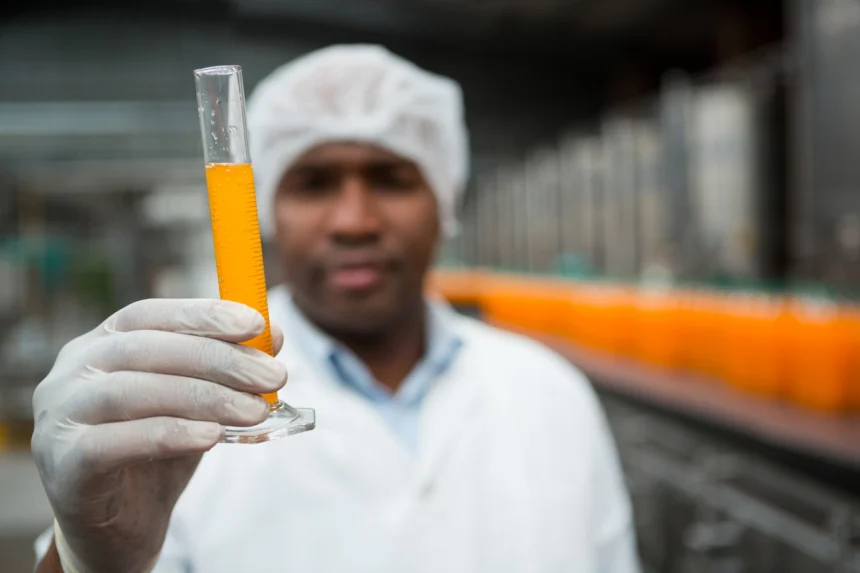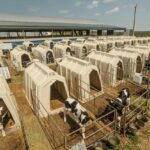Food safety and quality assurance play crucial roles in agroprocessing, which is the transformation of raw agricultural materials into various food products. These processes encompass activities such as cleaning, sorting, grading, packaging, and preservation. Ensuring food safety and maintaining quality standards throughout agroprocessing is essential to protect consumer health, meet regulatory requirements, enhance product marketability, and sustain the reputation of food businesses. Here are the key aspects of food safety and quality assurance in agroprocessing:
- Hazard identification and risk assessment: Agroprocessing involves identifying potential hazards, such as microbial contamination, chemical residues, allergens, and physical contaminants, that could pose risks to consumers. Assessing these risks helps determine appropriate control measures to minimize or eliminate them.
- Good Agricultural Practices (GAPs): Implementing GAPs ensures that the raw materials used in agroprocessing are produced in a manner that minimizes contamination risks. This includes proper use of pesticides, hygiene practices, and adherence to guidelines for soil and water quality.
- Good Manufacturing Practices (GMPs): GMPs focus on maintaining hygienic and safe conditions during the processing and handling of food products. They cover aspects such as facility design, equipment maintenance, sanitation procedures, personnel hygiene, and pest control.
- Quality control and quality assurance systems: Agroprocessors implement quality control measures to monitor and verify the quality of raw materials, intermediate products, and final products. This includes regular sampling and testing for various parameters such as microbiological counts, chemical residues, and sensory attributes. Quality assurance systems ensure that these control measures are effectively implemented and documented.
- HACCP (Hazard Analysis and Critical Control Points): HACCP is a systematic approach that identifies, evaluates, and controls hazards throughout the agroprocessing chain. It involves the analysis of potential hazards, the determination of critical control points, and the establishment of monitoring procedures to ensure control measures are effective.
- Regulatory compliance: Agroprocessors must adhere to food safety regulations and standards set by government authorities. Compliance with these requirements helps ensure that products meet legal obligations, labeling requirements, and permissible limits for contaminants.
- Traceability: Maintaining traceability systems enables agroprocessors to track and document the flow of raw materials, ingredients, and finished products. This aids in product recalls, investigations of foodborne illness outbreaks, and enhances consumer confidence.
- Auditing and certification: Agroprocessors may undergo regular audits by internal or external entities to assess compliance with food safety and quality standards. Achieving certifications such as ISO 22000 or GFSI-approved schemes (e.g., BRC, SQF, FSSC 22000) demonstrates a commitment to rigorous food safety and quality practices.
By integrating robust food safety and quality assurance measures into agroprocessing operations, businesses can safeguard consumer health, meet regulatory requirements, foster trust with customers, and ensure the long-term sustainability of their operations.







